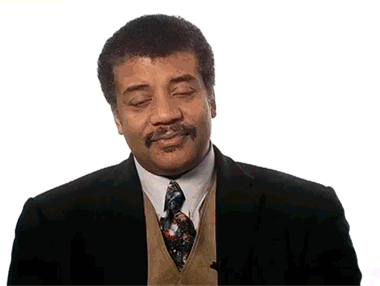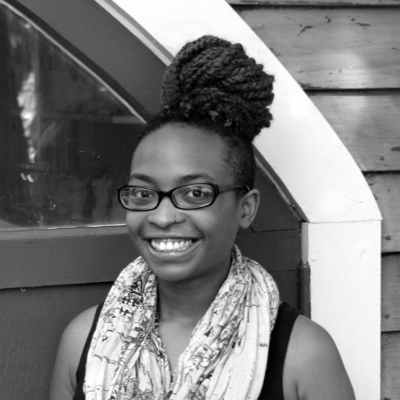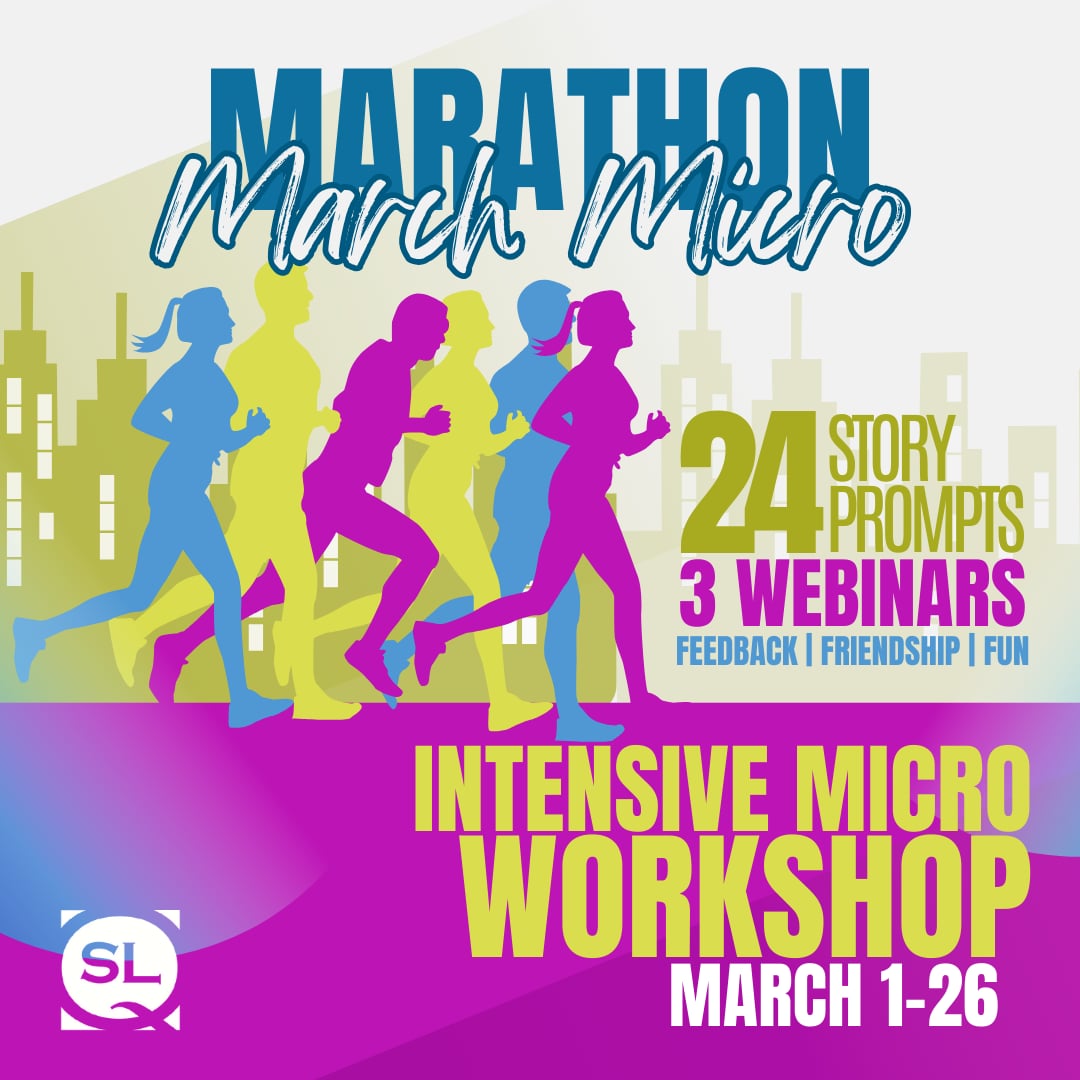An interesting thing about your stories is that you often reject narrative tidiness. In “Nutcracker,” you push past your main character learning something about sex and adolescence to remind your audience that these characters are black in the U.S. They don’t just have sex to worry about. In “The Girl Gets Whatever She Wants,” the easy thing would be to have it end with Chrissy washing herself clean. But you end on the beginning of a sexual encounter between Chrissy and Troy. How do you know when the story has finished at the right place? For you, as a writer, what do you want your story endings to accomplish?
Both “Nutcracker” and “The Girl Gets Whatever She Wants” deal with protagonists trying to get control of something in their very small worlds, trying to gain some semblance of power. The endings tend to be outside forces reminding them that they are ultimately powerless. It’s kind of a downer, but because of their identities—most often black, female, working class, American—there’s only so much they can really do against the conditions of the systems around them. When writing, I try to back my characters into a corner, have them look toward the window with hope, then allow a monster to chloroform them from behind, and end it there. Because duh their world is made of monsters, but we may have forgotten because in a run-down casino or sporting goods store, we’re rooting for their tiny win. But the loss is always bigger, and I want the reader to remember because it’s real and I want to bum everyone out.
A trademark Tia Clark workshop move is when you encourage everyone to read the sex scenes in their fiction. What are some of your favorite sex scenes in novels and short stories? What do you think a great (as in well-written, not as in oh wow that is some hot sex) sex scene adds to a story?
The kinds of sex scenes that I’m drawn to in literature are those that make me uncomfortable, ones that I suspect were hard to write. I’m personally afraid of writing something that feels gratuitous or triggering without giving good reason, so I look for those scenes in order to give my fear a friend, remind it what bravery looks like. I just finished A Little Life, which has several scenes—not just sex—that prompt this feeling. That what possibly seems gratuitous while writing can actually be cathartic and necessary. The sex stuff I’m interested in has much more to do with the lead up and the why (and the why not) and the what now than the act itself. As for what it can add, I’d say a character’s understanding of their own power comes out in a particular way. Dialogue and daytime are full of lies, whereas sex is real. Even a character who fronts during sex reveals so much in that need to front.
What do you think is the best writing advice you’ve ever been given? And what’s the worst?
The gist of the best is to not get bogged down in the production, get out of your own way, “bird-by-bird,” etc., all things that suggest to be easier on yourself. I’m a pretty cold self-parent, so I have to remember to chill out or else the work risks being unnatural and starchy. I try to let it be organic. Don’t do it if it’s not fun is part of this, too. Boring for the writer, very boring for the reader. Worst advice is tough! I think everything is worth a try, unless it interferes with sleeping. Always sleep.
Please send a link to a music video, a GIF, and an image that you think shows your aesthetic as a writer.
gif:

VIDEO:
https://www.youtube.com/watch?v=0P4A1K4lXDo
meme:


